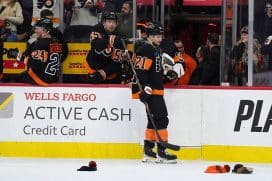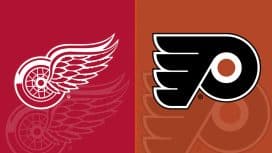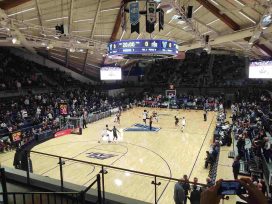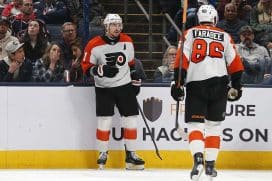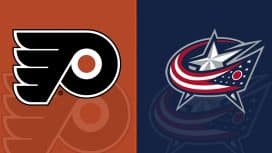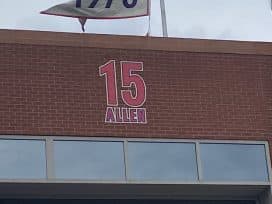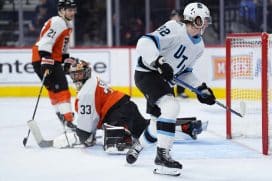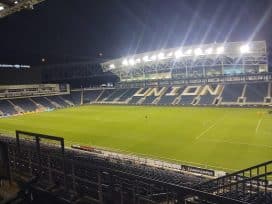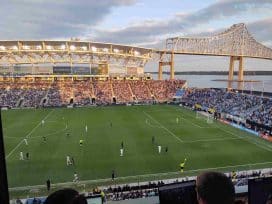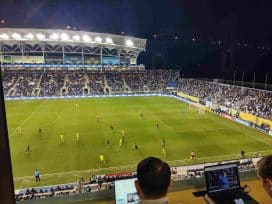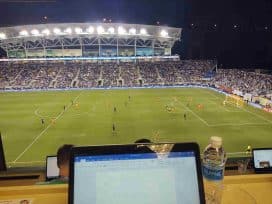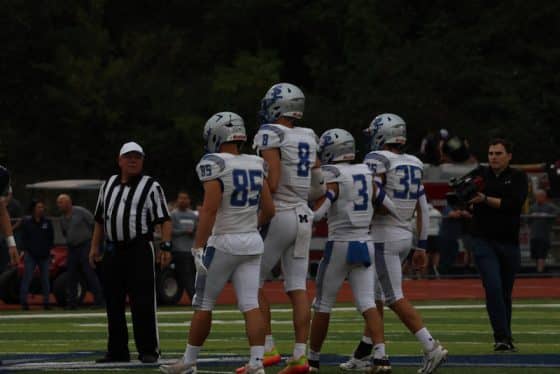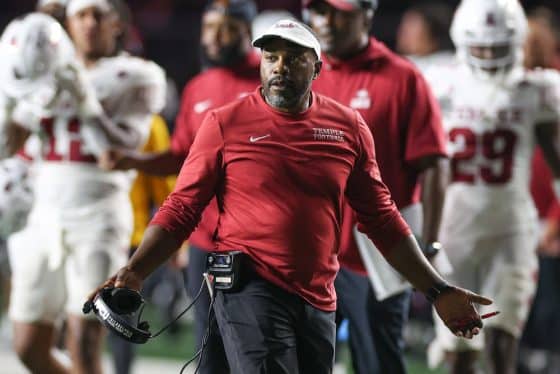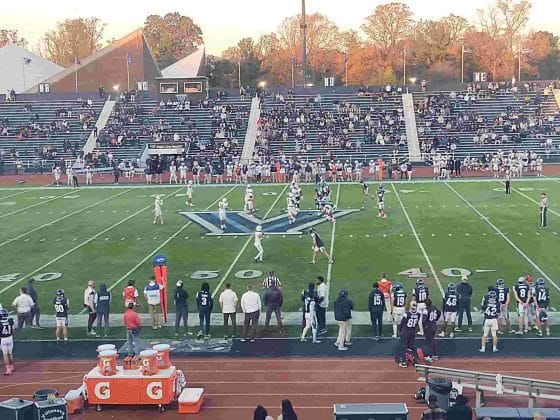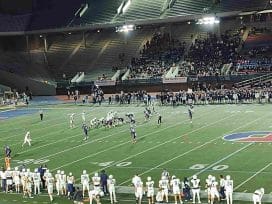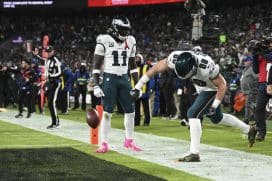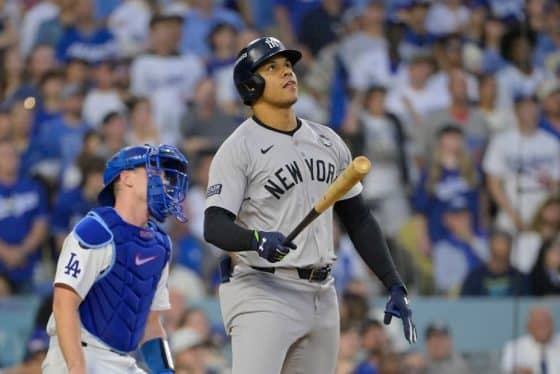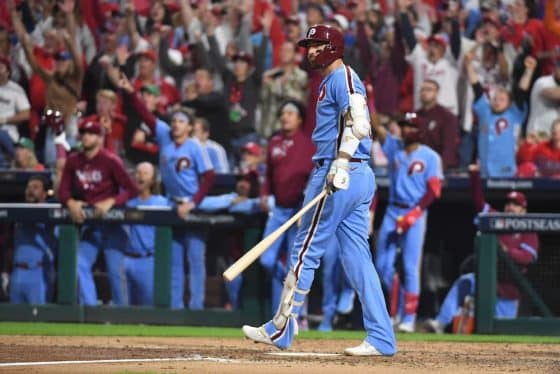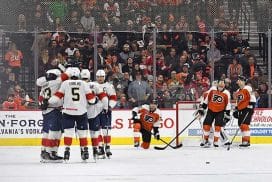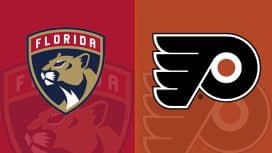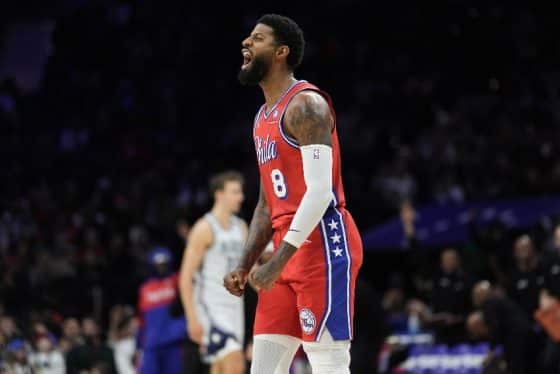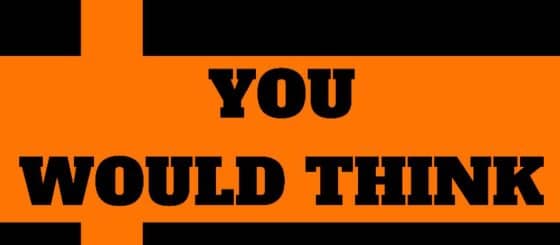Phillies
Report: MLB All-Star Game to no longer decide World Series home-field advantage
By Matt Rappa, Sports Talk Philly editor
IRVING, Texas — The Major League Baseball All-Star Game deciding home-field advantage in the World Series, a move made in 2003 by then-commissioner Bud Selig and team owners in an effort to draw interest to the Midsummer Classic, is reportedly no more.
Early Thursday morning it was disclosed to The Associated Press as part of the tentative new collective bargaining agreement that home-field advantage will from now on be granted to "the pennant winner with the better regular season record."
Another imminent change to the game in 2017, agreed mutually between players and management, will be the reduction of the minimum length of stay on the disabled list, 15 days to 10.
Selig's motivation for implementing playoff implications to "energize" the All-Star Game occurred after the 2002 edition, which ended in a 7-7, 11-inning tie in Milwaukee. Owners voted unanimously in January 2003 for a two-year trial run on the proposal, which was eventually extended in perpetuity.
Now, the All-Star Game will instead offer incentive to play through a "pool of money," notes AP.
Since 2003, only three teams with the better record have not received home-field advantage.
- The 2004 St. Louis Cardinals, who won 105 regular season games as opposed to the 98-win Boston Red Sox. Despite having a worse regular season record than their opponent, the Red Sox received home-field advantage thanks to the American League winning the All-Star game that year; they went on to snap their 86-year championship drought.
- The Texas Rangers (96) won six more games than their 2011 World Series opponent, the St. Louis Cardinals (90), and without home-field advantage, fell in a closely-contested, seven-game series.
- This year's Chicago Cubs were the only team since 2003 that had the better record and still went on to win the World Series without home-field advantage.
Both teams in 2013's series, the Cardinals and Red Sox, finished with 97 wins each, thus leading the need for an ensuing, but yet-to-be determined tiebreaker to go into effect.
The American League won 11 of the 14 All-Star Game meetings under Selig's rule and went on to win the World Series in eight of those 11 seasons. In 2008, despite not having home-field advantage, the Philadelphia Phillies won their second championship in franchise history before a sellout crowd in Game 5 at Citizens Bank Park.


